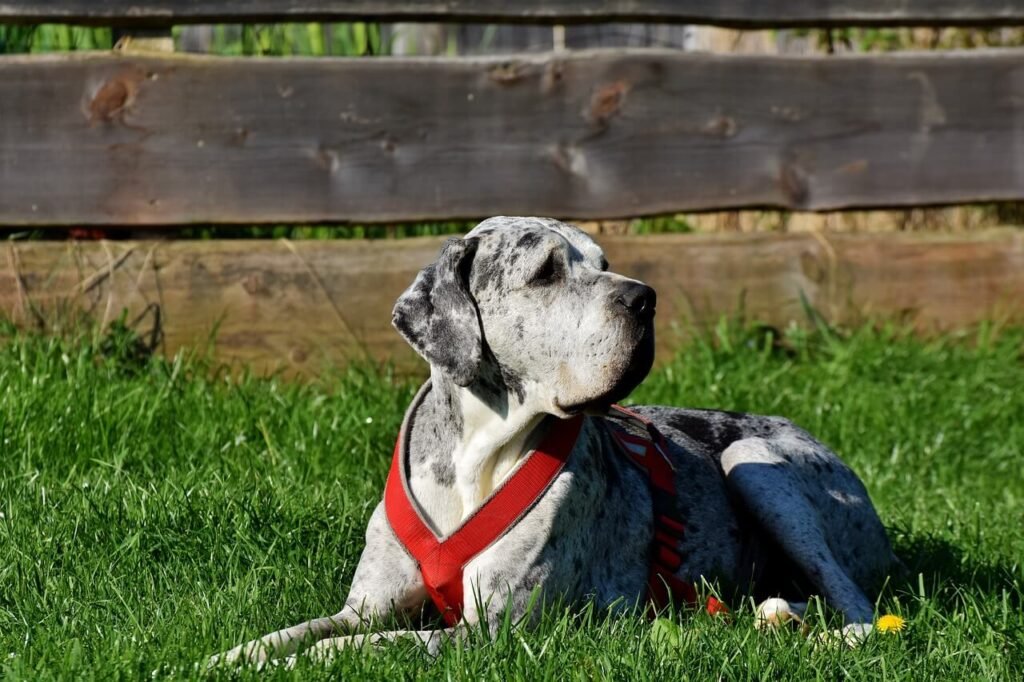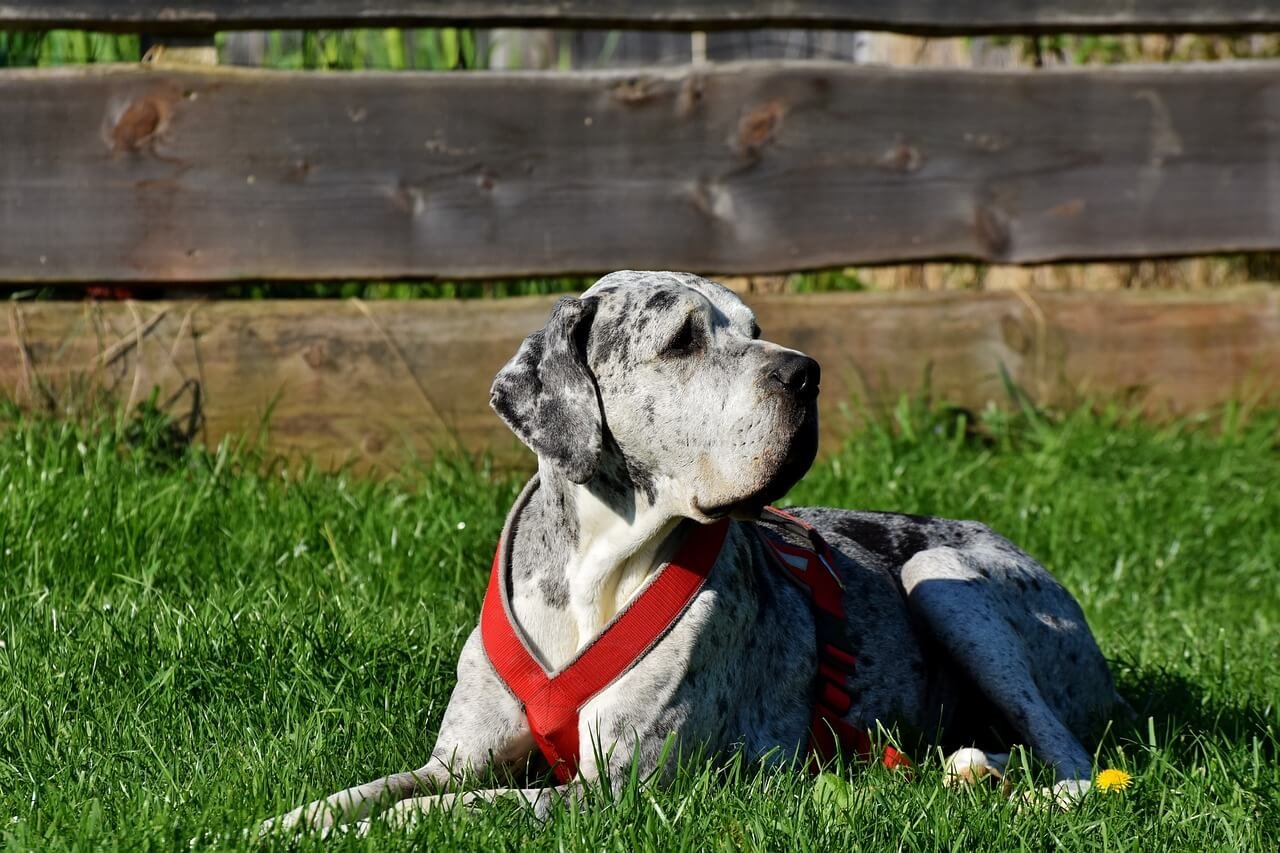Why Is My Dog Pooping in the House? Decoding Your Pup’s Behavior
If you’ve ever found yourself asking, “Why is my dog pooping in the house?”—you’re not alone. Accidents happen, even with well-trained dogs, and they can leave pet owners feeling frustrated or confused. While occasional mishaps might seem harmless, recurring indoor accidents could signal underlying issues that need attention. Whether it’s a behavioral problem, a health concern, or a simple misunderstanding, understanding the root cause is key to resolving the issue.
In this blog post, we’ll explore the most common reasons behind indoor pooping, offer practical solutions, and help you restore harmony to your home. Let’s dive in and get to the bottom of this messy situation!
Common Reasons Why Your Dog Might Be Pooping Indoors
Before jumping to conclusions, it’s important to identify why your dog might be eliminating inside the house. Here are some of the most common causes:
Incomplete House Training:
If your dog hasn’t fully mastered bathroom etiquette, they may not understand where they’re supposed to go.Medical Issues:
Conditions like gastrointestinal upset, diarrhea, or urinary tract infections can lead to accidents indoors.Anxiety or Stress:
Dogs experiencing separation anxiety or stress may relieve themselves as a coping mechanism.Changes in Routine:
Moving homes, adjusting schedules, or introducing new family members can disrupt their potty habits.Territorial Marking:
Unneutered dogs, especially males, may poop indoors as a way to mark their territory.
Understanding these reasons can help you address the behavior effectively and ensure your dog feels comfortable and secure.
How to Address Indoor Pooping Based on the Cause
Once you’ve identified the potential reason for your dog’s indoor accidents, it’s time to take action. Here are actionable steps to address each cause:
For Incomplete House Training:
Reinforce potty training by taking your dog outside frequently and rewarding them for eliminating outdoors.For Medical Issues:
Schedule a vet visit to rule out any underlying health problems that could be causing the accidents.For Anxiety or Stress:
Provide comfort through calming activities, such as playtime or using anxiety-reducing products like pheromone diffusers.For Changes in Routine:
Gradually reintroduce consistency into your dog’s schedule to help them adjust to new circumstances.For Territorial Marking:
Consider neutering or spaying your dog to reduce marking behaviors, and clean marked areas thoroughly to eliminate odors.
By tailoring your approach to the specific cause, you’ll increase your chances of success and prevent future accidents.
Check this guide 👉Jelly Mucus in Dog Poop: Best 7 Expert Tips!
Check this guide 👉How to Get Dog Poop Smell Out of Your House: Best 7 Tips!
Check this guide 👉Yellow Mucus in Dog Poop: Best 7 Expert Tips!

Cause of Indoor Pooping | Solution |
|---|---|
Incomplete House Training | Reinforce training with rewards |
Medical Issues | Visit the vet for a thorough check-up |
Anxiety or Stress | Use calming techniques and products |
Changes in Routine | Reestablish a consistent daily schedule |
Territorial Marking | Neuter/spay and clean marked areas |
Preventing Future Indoor Accidents
Prevention is key to ensuring your home stays accident-free. Here are proactive steps you can take to minimize the likelihood of indoor pooping:
Establish a Consistent Routine:
Take your dog outside at regular intervals, such as after meals, naps, and playtime.Supervise Closely Indoors:
Keep an eye on your dog to catch signs they need to go, such as sniffing or circling.Use Positive Reinforcement:
Reward your dog with treats, praise, or toys when they eliminate outside to reinforce good behavior.Limit Access to Problem Areas:
Use baby gates or crates to restrict access to areas where accidents have occurred.Clean Thoroughly After Accidents:
Use enzymatic cleaners to remove all traces of odor, preventing your dog from being drawn back to the same spot.
By implementing these strategies, you’ll create a supportive environment that encourages proper bathroom habits.
Signs Your Dog May Need Professional Help
Sometimes, despite your best efforts, indoor pooping persists. Here are signs that it’s time to seek professional guidance:
Frequent Accidents Despite Training:
If your dog continues to poop indoors despite consistent training, there may be an underlying issue.Sudden Changes in Behavior:
A well-trained dog suddenly having accidents could indicate stress or a medical condition.Aggression During Potty Time:
Growling, snapping, or other aggressive behaviors during potty breaks may signal discomfort or fear.Excessive Licking or Scratching:
These behaviors could point to allergies or skin irritations caused by internal health issues.Unusual Stool Appearance:
Blood, mucus, or unusually soft stools warrant immediate veterinary attention.
Recognizing these signs early can help you address the issue before it escalates further.
Signs Your Dog Is Trying to Communicate Through Indoor Pooping
Sometimes, indoor pooping isn’t just about accidents—it could be your dog’s way of communicating something important. Here are signs that your dog might be trying to send you a message:
Accidents Near the Door:
If your dog poops near the door, they might be signaling that they need more frequent outdoor breaks.Pooping in Specific Areas:
Consistently eliminating in one spot could indicate territorial behavior or discomfort with that area.Accidents After Being Left Alone:
This could be a sign of separation anxiety or stress when you’re not around.Changes in Stool Appearance:
Unusual stool consistency or color may indicate dietary issues or health problems.Accidents Accompanied by Whining or Restlessness:
These behaviors suggest your dog is uncomfortable or struggling to hold it in.
By paying attention to these signs, you can better understand what your dog is trying to tell you and address the issue effectively.
How to Reinforce Positive Bathroom Habits
Reinforcing positive bathroom habits is essential for preventing indoor accidents. Here are some strategies to encourage your dog to eliminate outdoors consistently:
Reward Immediately After Elimination:
Praise or give treats as soon as your dog finishes going potty outside to reinforce the behavior.Use Verbal Cues:
Teach your dog a specific phrase like “Go potty” to associate it with outdoor elimination.Create a Designated Potty Spot:
Take your dog to the same outdoor area each time to help them understand where they’re supposed to go.Be Patient During Training:
Avoid scolding for accidents and focus on celebrating successes to build confidence.Gradually Increase Time Between Breaks:
As your dog becomes more reliable, extend the time between outdoor trips to strengthen bladder control.
Consistency and positivity are key to helping your dog develop strong bathroom habits.
Common Mistakes to Avoid When Addressing Indoor Pooping
When dealing with indoor pooping, it’s easy to make mistakes that can worsen the problem. Here are some common pitfalls to avoid:
Punishing Your Dog for Accidents:
Scolding or rubbing their nose in the mess can increase anxiety and make the problem worse.Ignoring Medical Issues:
Assuming the behavior is purely behavioral without ruling out health concerns can delay proper treatment.Skipping Cleanup:
Failing to clean accidents thoroughly can lead to repeat offenses due to lingering odors.Inconsistent Schedules:
Irregular potty breaks confuse dogs and hinder their ability to learn proper habits.Overlooking Stress Triggers:
Not addressing environmental changes or stressors can prevent your dog from feeling secure.
By avoiding these mistakes, you’ll create a supportive environment that encourages your dog to eliminate in the right place.
Frequently Asked Questions About Dogs Pooping Indoors
Why does my dog poop inside even though they’ve been trained?
There could be several reasons, including stress, medical issues, or changes in routine.
How do I stop my dog from pooping in the house?
Reinforce training, maintain a consistent routine, and address any underlying causes.
Is indoor pooping a sign of a health problem?
Yes, it can be. Schedule a vet visit to rule out medical conditions.
Can anxiety cause my dog to poop indoors?
Absolutely. Stress or anxiety can lead to accidents as a coping mechanism.
What should I do if my dog poops in the house?
Clean the area thoroughly, avoid punishing your dog, and focus on reinforcing positive behavior.
Final Thoughts: Restoring Harmony to Your Home
Dealing with a dog who poops in the house can be frustrating, but it’s important to approach the situation with patience and understanding. Whether the issue stems from incomplete training, medical concerns, or environmental stressors, identifying the root cause is the first step toward resolution. By reinforcing good habits, maintaining consistency, and seeking professional help when needed, you can create a harmonious living space for both you and your furry friend. Remember, accidents happen, but with love and persistence, you can guide your dog toward better bathroom habits. Together, you’ll overcome this challenge and strengthen your bond along the way.
Do Cats Have Taste Buds? Best 7 Expert Tips! – Discover how cats experience flavors and why their taste is so unique.
Do Dogs Have Taste Buds? Best 7 Expert Tips! – Discover how dogs experience taste, their preferences, and what it means for their diet and health.
Can Cats Taste Sweet? Best 7 Expert Tips! – Discover why cats can’t taste sweetness, how it affects their diet, and tips to keep them healthy and happy.
Can Dogs Taste Sweet? Best 7 Expert Tips! – Discover how dogs perceive sweetness, which foods are safe, and tips to manage their sweet cravings responsibly.





